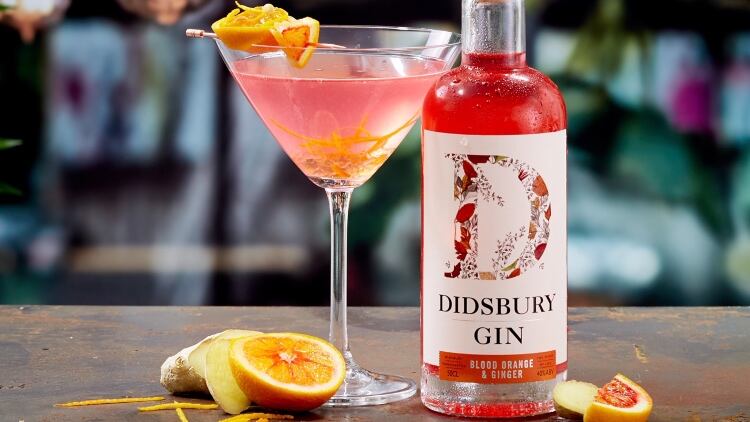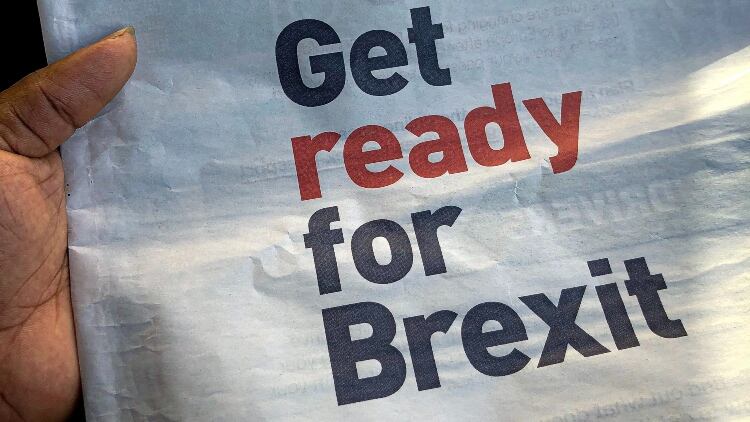While Brexit was technically delivered at 11pm on 31 January 2020, Britain entered a transition period during which travel to and from the EU, freedom of movement and unencumbered trade continued while negotiations are finalised.
There are now fewer than 50 days until the Brexit training wheels come off and Britain will need to either implement a trade deal with the EU or “no deal” World Trade Organisation, terms – which would lead to tariffs being introduced on many imports and exports, potentially pushing up costs for businesses and consumers – on 1 January 2021.
Though negotiations to plug gaps in a post-Brexit trade deal are expected to continue next week according to the BBC, British businesses currently don’t know which new set of rules they’ll be operating under come the new year.
Potential disruption
One watchdog has warned that delays in implementing transit arrangements for the Brexit transition period’s conclusion will lead to “widespread disruption”.
Findings from the National Audit Office (NAO) have warned that Covid-19 has “exacerbated delays in Government’s preparations and significant risks remain”.
“Departments have made progress towards implementing the systems, infrastructure and resources required to operate the border in relation to Great Britain at ‘minimum operating capability’ by 1 January 2021 and are reasonably confident most will be ready, but timetables are tight,” its report said.
As such, the NAO added that some of the elements of transit agreements that would enable traders to move goods would be “challenging to deliver in their entirety” by 1 January.
“If all the planned arrangements are not ready, this could have an impact on the ease with which traders can import and export goods,” the watchdog added.
In light of these potential issues, UKHospitality chief executive Kate Nicholls urges businesses to make use of Government resources and contact suppliers in order to minimise teething problems.
“Businesses should make sure they consult with their suppliers to identify and try to alleviate any potential expected shortages or delays,” she explains.
“Try to think about current unknowns that could arise as problems.
“Admittedly, this is going to be made all the more difficult due to the instability being caused by the pandemic.”
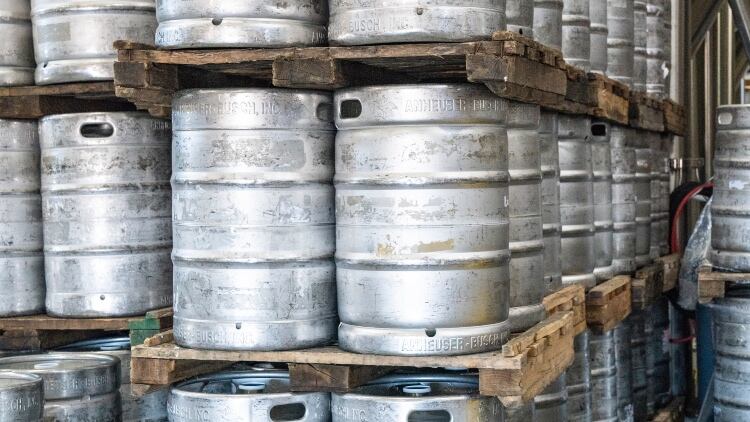
Price increases?
In light of this, Liam McGuinness, head of consumer at CIL Management Consultants – which advises grab-and-go, casual dining and other multi-site hospitality venues on consumer insight and behaviour, market entry and site roll-out – expects that after a tough year for the pub sector, Brexit will further increase import prices.
“Changes in import tariffs will likely cause product costs to increase, particularly if no trade deal is agreed upon in the next few weeks,” he tells The Morning Advertiser (MA).
“In the interim, wholesale beer and food prices will go up. This could be offset by changes in tax legislation and a, perhaps unlikely, opportunity to reduce beer tax post-Brexit.”
As such, Nick Griffin, chief executive of the Licensees Association hopes that a trade deal can be signed over the coming weeks as he believes that new import tariffs are the “last thing we need right now”.
“From imported foods to beers, stouts, wines and spirits, the consequence of tariffs on goods could be really damaging,” he explains.
“At a time when we are seeing greater choice in our bars, of course following consumer demand, we really wouldn’t want inflationary price increases as a consequence of tariffs.
“There may be a benefit for the British brewer in reduced competition, but they may also be hit by export tariffs.”

Suppliers facing the unknown
The idea that British producers could potentially stand to benefit from reduced competition is one touched upon by McGuinness, Griffin, and the British Institute of Innkeeping’s CEO Steve Alton.
“Whilst there may be some challenges in sourcing ingredients and products from Europe, many customers have fed back their preference to the use of alternative and locally sourced produce, a unique aspect of the offer of pubs today,” Alton adds.
However, Didsbury Gin founder Liam Manton, who has grown the Manchester-based spirits business into a £30m enterprise in 18 months since winning investment on Dragons’ Den, believes that drinks makers such as his face both uncertainty over the speed of access to imported goods and “cost implications of the unknown”.
"We're all becoming experts in juggling the unknown, aren't we? The hospitality sector in general has shown a real resilience in terms of the lockdown measures,” he tells The MA.
“It's been a massively challenging year for all businesses, not just ours, the whole sector's faced tremendous challenges and I still think there's more to come.
"We're about as prepared as any kind of craft or small to medium business in the fact that we still don't know what it is we're preparing for,” he continues. “There's a massive deal of uncertainty, we think, with dry goods coming in from the EU.
“We're seeing quotes from some of our overseas dry goods suppliers where they're building in upwards of 20% contingency costs which, for businesses that are small and scaling like ourselves, is a massive challenge.
“We work with a number of European based glass suppliers and where we can we're having to stockpile in case there are issues getting stuff into the country or if there are delays with things coming in.”

Encouragement to stockpile?
The Wine and Spirit Trade Association’s (WSTA) CEO Miles Beale believes that the sheer volume of technical barriers to trade will inevitably raise prices in pubs and bars – not principally from possible tariffs, but through the cost of companies implementing new customs requirements.
“Michael Gove said recently that 40% of businesses are unprepared for 1 January,” Beale comments. “We believe WSTA membership is better prepared than most, but the majority of outstanding issues are not dependant on the outcome of the negotiation, and instead are a function of us leaving the Customs Union.
“It was only a couple of weeks ago, for example, that Government informed us that there will not be new labelling and certification requirements on 1 January. This is late in the day, but very helpful.
“The Government must continue to provide clarity – but quickly and across the suite of these issues – because there is still a dearth of the information needed from Government to prepare properly.”
While Beale adds that he believes that the drinks sector is well placed to deal with the change in processes as of 1 January, he doesn’t believe businesses are able to rest on their laurels.
“We are already a heavily regulated industry and our members are well versed in moving goods between the UK and third countries,” he adds
“Recent positive announcements from Government – deferring the requirement for wine import certification (VI-1 forms) until 1 July 2021 and offering a grace period for labelling of products placed on the market before 1 January until September 2022 - have reduced our list of immediate concerns.
“But these are only delays,” Beale continues. “They are not changes of policy or solutions, not yet, and we are still strongly encouraging businesses to stockpile where they can, as any delays at the border are completely out of their control, although we recognise that their ability to do so may be affected by cash flow pressures as a result of the ongoing pandemic.”
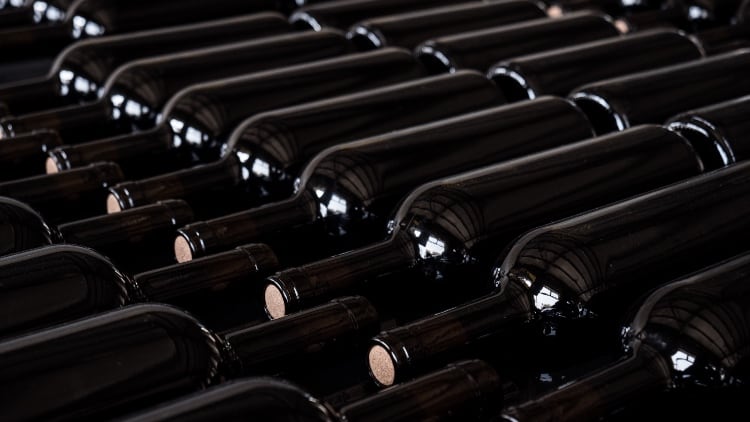
Cost increase and disruption expected
Director of Manchester-based Blackjack Brewery, Richard Fowell, explains that despite a focus on local provenance, his operation still relies heavily on partners in the EU but may not know the true impact of tariffs and red tape until the end of 2021 when the time comes to draw up annual contracts.
“Many people less deeply entrenched in the brewing world assume little to no effect on the brewery sector in the UK,” he says. “The assumption is that everyone is using British barley, British hops, British steel casks and British engineered plant.
“Whilst we do proudly use British maltings for 90%+ of our supply we also rely on Belgian and German maltings for speciality batches, similarly our hops come from around the world imported and contracted to companies within the EU and outside.
“We are currently waiting on delivery of our new brew kit, which has undergone some construction within the EU, shipment across three countries before landing in the UK,” he continues. “Thankfully this should land in the UK before any complications with tariffs and unwanted costs but has certainly been a worry these last few months.
“Reading between the lines on the additional costs that our suppliers are going to be taking on, we all expect an increase from goods entering the UK with the potential for disruptions in supply as companies and haulage firms get their ducks in a row.”
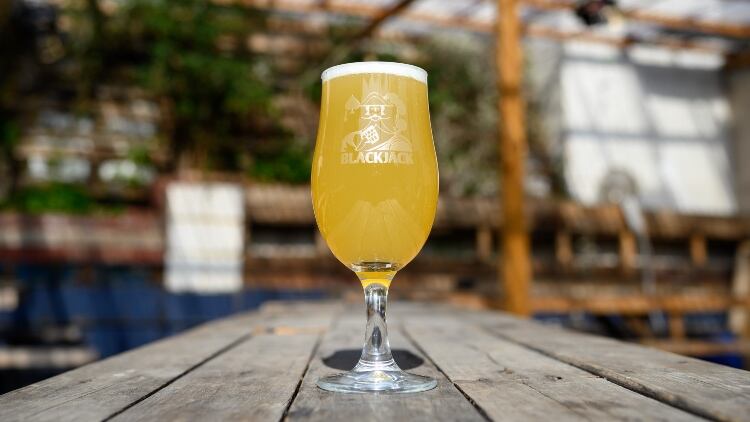
Export plans on the back burner
Fowell adds that beyond getting an Economic Operators Registration and Identification number and contacting various freight forwarders and brokers, Blackjack is still waiting to see the effects and administrative implications of Brexit and has consequently been able to do “very little”.
“I think something that is often not considered is the time and cost of marketing a small business in a non-domestic market,” he explains.
“Paying or absorbing the costs to attend international events such as trade days and beer festivals can be essential, being in the room and the venues you are pitching towards is key. 2020 obviously has had a negative impact on any ability to network in this way, in fact we have found 2020 and the pandemic has brought us much more trade locally as people support local businesses and have been less willing to travel larger distances.
“The difficulty in direct marketing outside the UK along with huge growth in direct sales locally, bookended with the unknown fine details of our potential agreement with the EU has really put any export plans on the back burner for us.
“The landscape has changed so much this year, our attention has been forced to look at the immediate future, from being in the first lockdown and quickly having become a home delivery service and very much using our initiative to find new customers, to then producing again for when the pubs reopened, and then into the second lockdown again and starting all over again.
“We are a predominately cask heavy brewery, which certainly took a hit even when the pubs reopened as understandably pubs were unsure how busy they’d be and be able to sell casks of beer before turning.”
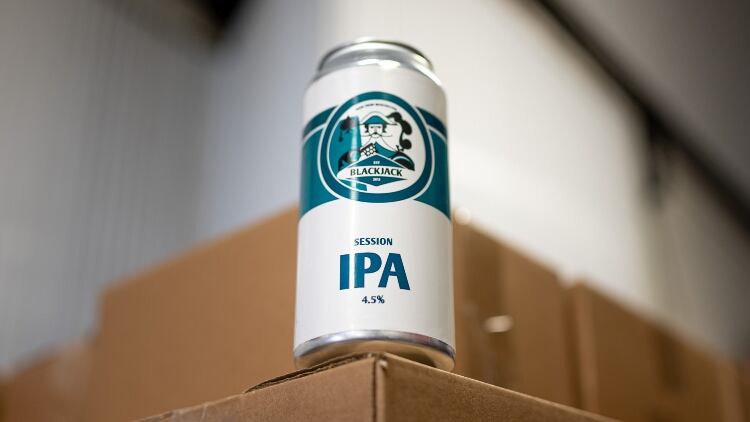
Holding out hope
Manton adds that he believes drinks businesses will benefit from diversifying their business plan as much as possible over the coming months.
"We've made a lot of investment into direct-to-consumer e-commerce in the UK and customer acquisition,” he explains. “We probably brought our business plan forward two years in terms of the investments we've made in the new website, into data, customer growth, how we retain and grow our domestic customers. That's all businesses can do, really.
“A lot of gin brands are heavily reliant on the on-trade, we're quite lucky in the fact that our e-commerce and off trade are both up around 200% or 300% on last year, so we've actually offset our on-trade losses and build some financial resilience in case there are cash flow challenges as a result of Brexit, and of course Covid.
"I'm just praying the Government don't handle it like they've handled the pandemic, to be honest."
